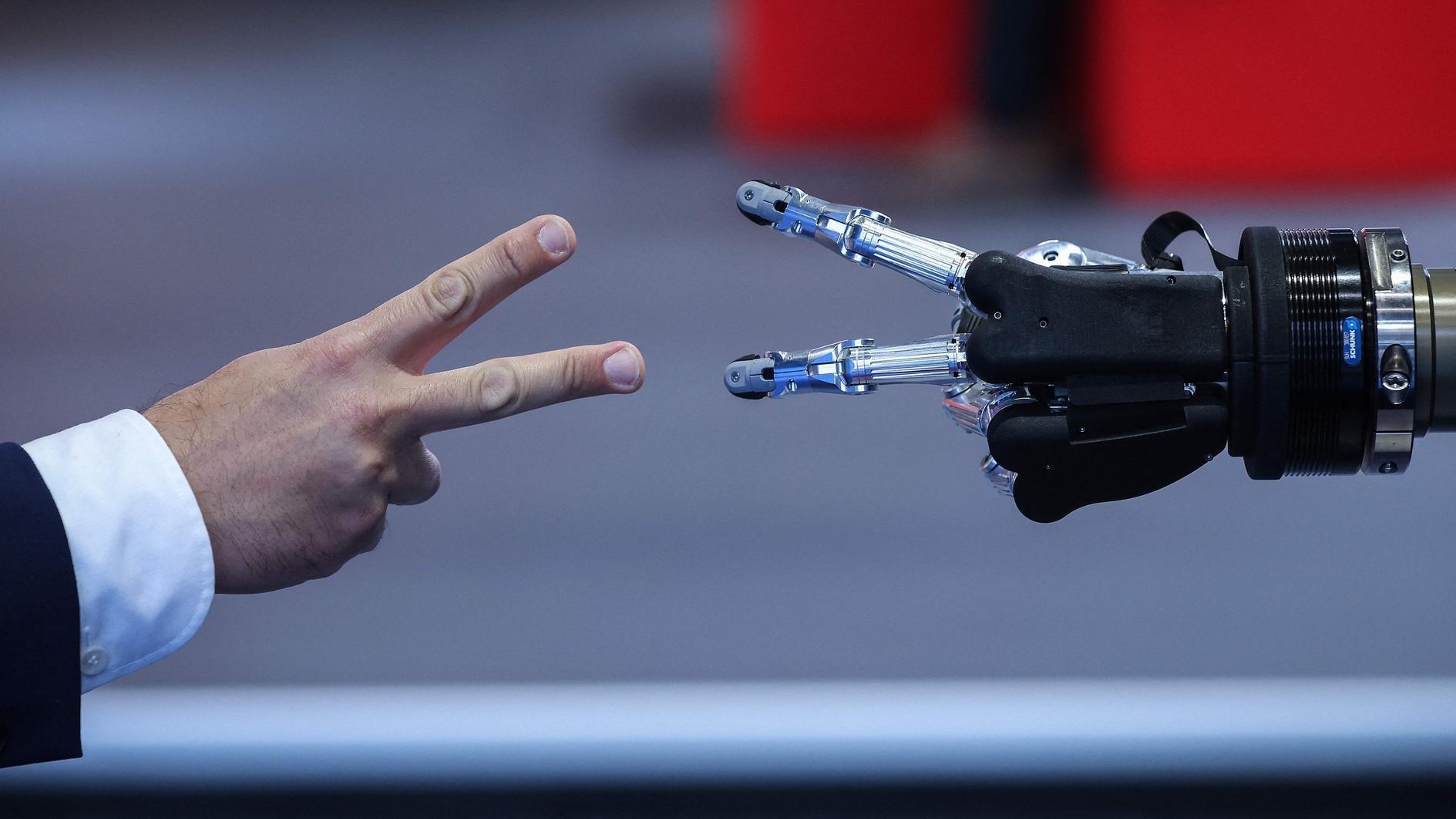Difficulties, opportunities in Turkish-German relations
There are a few countries among the 193 member states registered in the United Nations whose bilateral relations are as intricate as those between Turkey and Germany. There is probably no other relationship like this that is enmeshed in inextricable problems, yet enables an all comprehensive, immense cooperation, and that still contains the potential for further development.
To better appreciate how difficult and yet how strong this relationship is, it might even be enlightening enough all by itself to watch last Monday’s press meeting between the two countries’ presidents.
Think of a meeting that opens with an ambitious theme such as the role Turkey has acquired as a model during the process of transformation in the Middle East and how that would affect Turkish-German cooperation. The subject matter moves onto the European Union’s enlargement perspective, then locks onto the impressive figures in bilateral economic ties. And finally, the subject matter can suddenly jump into the harmonization problems of the Turks in Germany, and then fall back into an issue so mundane as kindergarten menus.
Pork meat in kindergarten?
When humans are in question, problems and the element of color are neck and neck. The Turkish guest, for instance, complains about the condition that requires spouses who will be brought over to Germany from Turkey to learn German first.
“The question of who people will get married to is a very human matter. That there is a pre-condition for a prospective spouse to learn German is a bit hurtful,” President Abdullah Gül said.
Gül essentially means to say, “You are being rude,” to his German counterpart.
The German host who was just singing praises about Turkey’s regional role now abruptly shifts to a tough stance and refuses to step back:
“We saw that a person who comes into the country without learning German cannot enter into German society and lives instead in a parallel society with his own compatriots. For that reason, we believe this to be good practice,” he said.
Christian Wulff sends the message that they should work and learn by employing German discipline.
When the business of harmonization comes up, the subject inevitably turns to the problem of language learning.
“Language, in fact, is learned in primary school and in kindergarten before that. If a Muslim Turkish family is concerned about what their child is going to be eating when they send [him or her] to kindergarten, and if there is some carelessness going on here, then [his or her] meal could be arranged accordingly so that they would be reassured about this,” says the Turkish guest.
He means to say, “Don’t serve pork meat to our kids in kindergarten just so they can come over and play with your kids and learn German.”
Customer is benefactor
The reality of 3 million people of Turkish origin living in Germany brings about massive harmonization problems, but there are also huge contributions from these people who have now reached the fourth generation in every walk of life in Germany. At any rate, people of Turkish origin are now an important factor in Germany’s future. Under these circumstances, we could perhaps say that the most strategic dimension in Turco-German relations is the human factor.
This relationship also has other attractive and lucrative dimensions. Germany is Turkey’s leading foreign trade partner, its number one customer in exports with some $11.5 billion. Economic cooperation is gaining quick ground on its own accord, through its own dynamism. The volume of bilateral trade during the first six months of 2011, for instance, has risen to $19 billion, growing at a rate of some 38 percent. Turkey is a very lively market for the German economy, the world’s leading exporter, with 4,500 German firms are operating in Turkey.
Another issue of significance is the vital role Germany plays, and will continue to play, in Turkey’s future in Europe. Let us not forget that the delay in the recognition of Turkey as a candidate for full membership in the second half of the 1990s was the consequence of a conservative German politician, Helmut Kohl, dragging his feet. The gateway to Turkey’s membership in the European Union was also opened in significant part due to the backing of his successor, social democratic Gerhard Schroder.
Doomed to work together
One of the reasons why Turkish-EU negotiations are mired in uncertainty today has to do with the fact that the conservatives who re-took the seat of power in Berlin have once more put on the brakes. Germany today is the most important power center in Europe; the final stance it adopts regarding Turkey’s full membership will turn out to be one of the most important factors that will determine both this continent’s future identity, as well as Turkey’s position in the Europe of the 21st century.
If Germany, which has always thought strategically and looked to the east within this framework, is to avoid being a local player confined to the boundaries of Europe, then it must act in partnership with Turkey, which is coming to the fore as a leading player in its own region through its economic and political prowess.
In sum, neither country reserves the luxury to ignore each other, regardless of the topic in question. Both are doomed to work together.
How these two countries will manage this relationship that bears such great difficulties, as well as great opportunities, and into which framework they will fit in together is perhaps one of the most strategic questions of the next 10 or 20 years.











